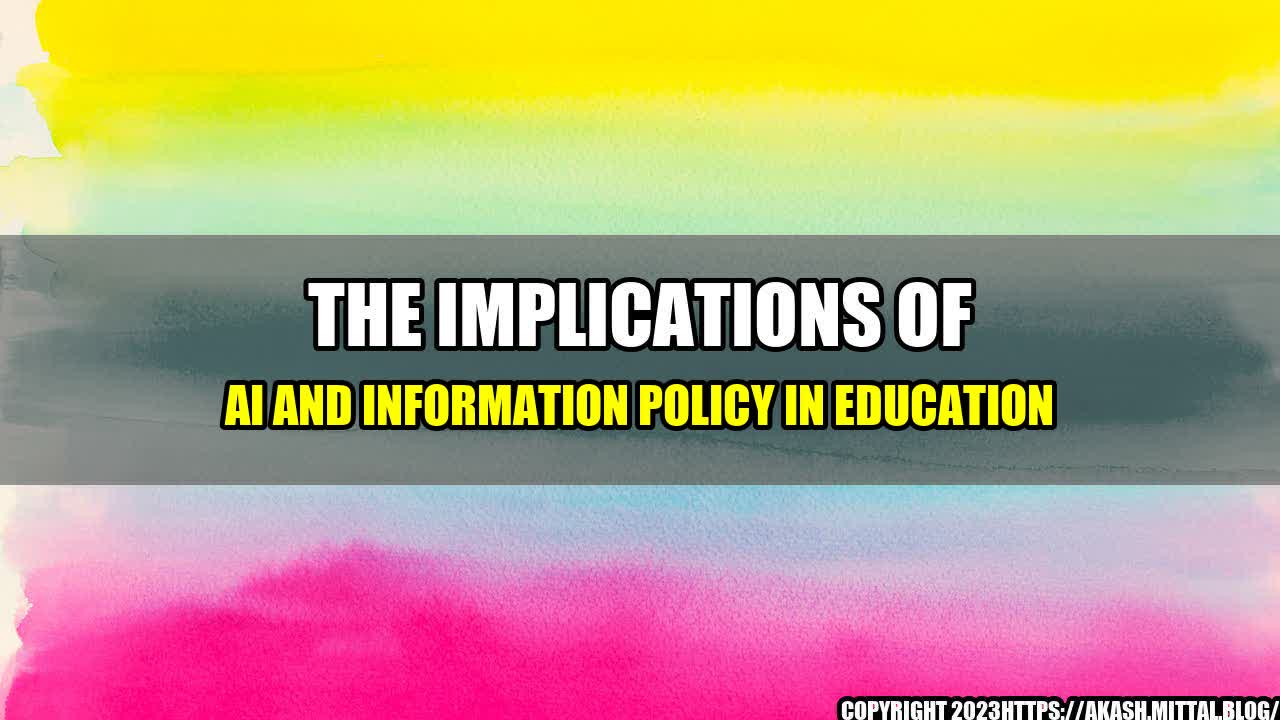
Imagine a classroom from the future, where students learn alongside intelligent machines that can respond to their every question and tailor lessons to fit their individual needs. Sounds like science fiction, right? But with the rise of artificial intelligence (AI), this scenario is becoming less far-fetched by the day.
Even now, some schools are beginning to experiment with AI-powered learning technologies, such as adaptive learning systems and intelligent tutoring systems. These tools promise to revolutionize education by making it more accessible and personalized than ever before.
So, what kind of impact is AI having on education right now? Consider the following:
Despite the promise of AI in education, there are also many challenges and potential pitfalls to consider. One of the biggest concerns is the impact that AI will have on jobs in the education sector. As machines become more adept at teaching and grading, some fear that the need for human teachers and educators will diminish.
Another challenge is ensuring that AI-powered education is accessible and equitable for all students, regardless of their background. There is a risk that AI could perpetuate existing biases and inequalities in education if not carefully designed and implemented.
As we continue to explore the potential of AI in education, it is important to keep these challenges in mind. Here are three key takeaways:
By keeping these principles in mind, we can embrace the future of education while also ensuring that it benefits all learners.
Category: Artificial Intelligence, Education
Curated by Team Akash.Mittal.Blog
Share on Twitter Share on LinkedIn